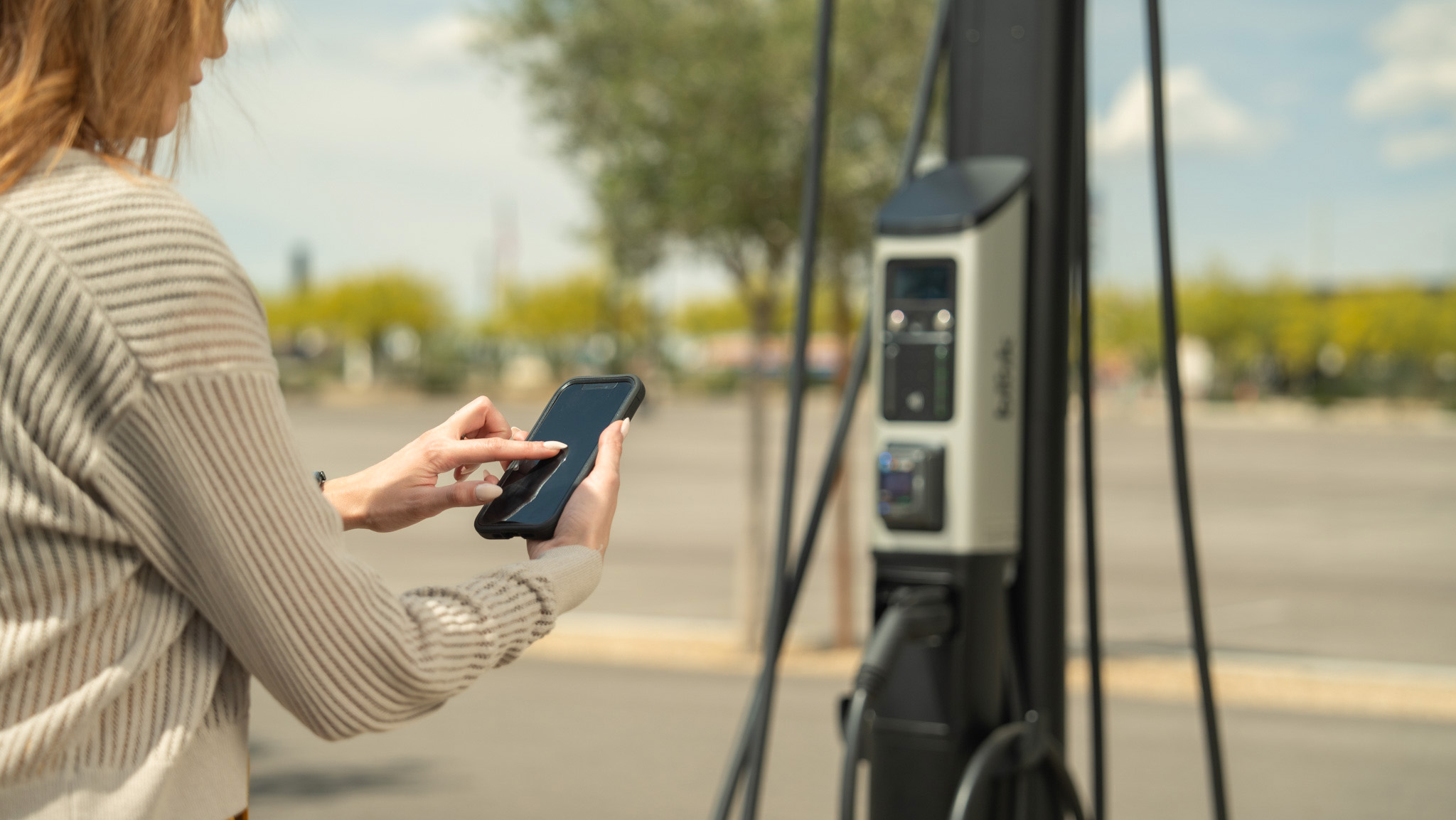Welcome to the Blink Newsroom, your go-to source for the latest updates, announcements, and insights from Blink Charging. Here, you can explore press releases, company news, media coverage, and thought leadership content that highlights our innovations in EV charging, sustainability, and smart mobility. Stay informed about product launches, partnerships, and industry trends shaping the future of electric transportation. Our newsroom is designed to keep journalists, partners, and EV enthusiasts up to date with accurate, timely, and relevant information from Blink.
Newsroom

